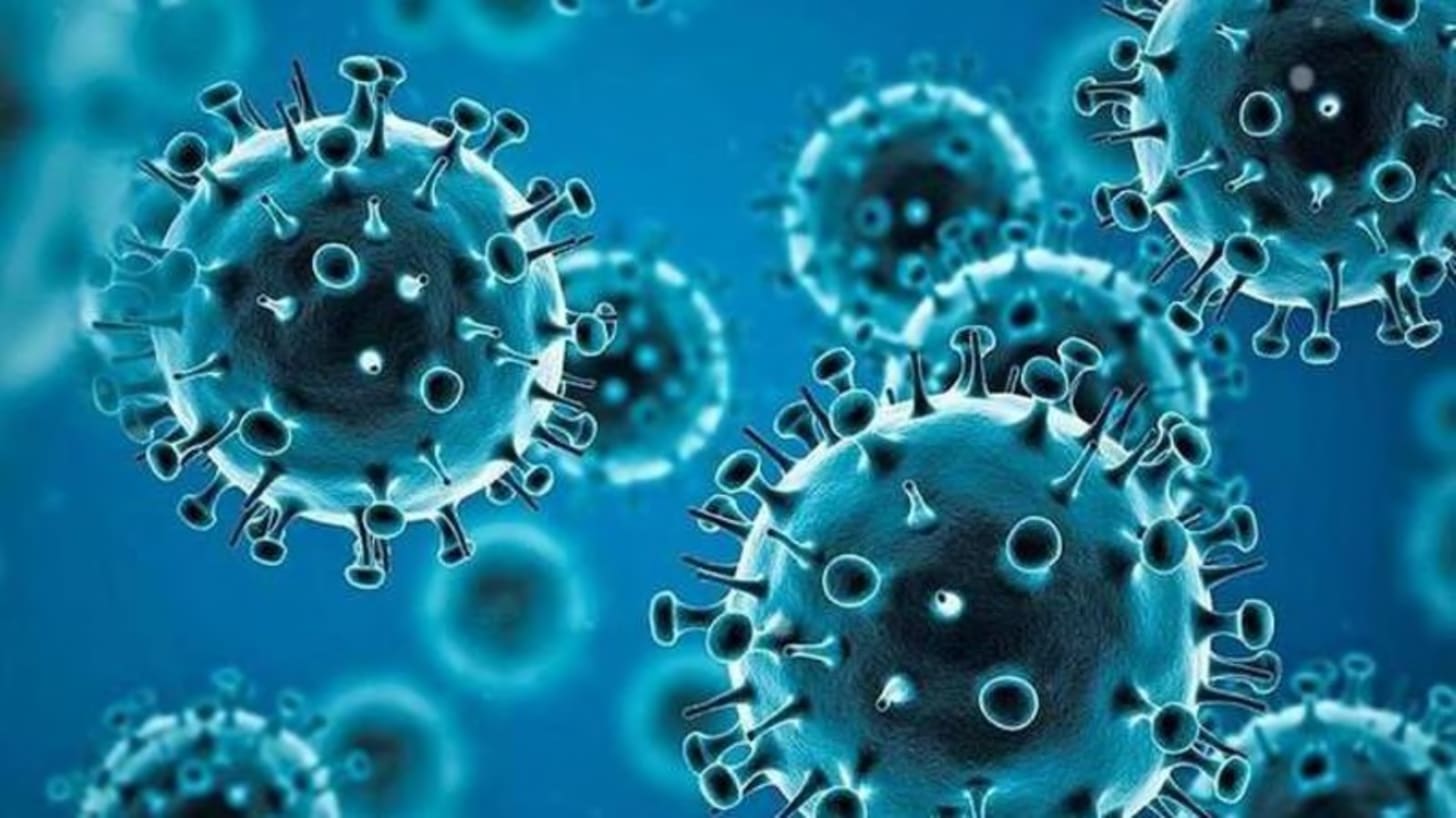Do Indians spend more than they can afford?
Business
Conspicuous consumption includes any consumption that is done for the purpose of being ‘seen’. The more expensive and ‘status-ascribing’ a product/service is, the more it is coveted.
Sounds like most Indians, right?
The term ‘conspicuous consumption’ was coined by the famed economist, Thorstein Veblen, in 1899.
From frugal to flamboyant
Just over thirty years ago, India went through liberalisation, a change that brought about a wave of extravagance, exposure, and economic prosperity that the country had not borne witness to since independence.
With the influx of global giants such as Coke and Pepsi, the floodgates were opened and urban, middle-class Indians began to consume on a want-basis rather than a need-basis, on a much larger scale than ever before.
Is this a particularly Indian problem?
With EMI plans available for everything from houses to the latest iPhone, Urban India is clearly not lacking for consumer confidence.
Research shows that India ranks second-last in the world in terms of iPhone 13 affordability, but it is one of the key markets for Apple worldwide.
We seem to be buying a lot of things we cannot afford.
Of course, the sheer availability of such opportunities - due to liberalisation, globalisation and myriad other movements that you would have read about in your economics textbook - is one reason. But perhaps we’ve just progressed up Maslow’s hierarchy of needs. (We’re in the ‘esteem’ phase of need-fulfillment now, if you recall your Psychology textbook!)
Is this a problem in the first place?
India is a country of rising income inequality and also rising debt. The pandemic especially has dealt a financial blow to middle class Indians - with the economy shrinking by 7.3% in 2020-21.
Continuing to consume beyond our needs in such an economy - and maxing out your credit card to do so - is not sustainable, even if it sustains several industries. It’s a double-edged sword!
Conspicuous consumption 2.0
Consumption is only conspicuous if you can see it. A car was a status symbol when you were driving it to work every day, but not so much when you are working from home (or with the prevalence of the sharing economy and the ease of taking an Uber).
A vacation that you could splash all over social media was worth saving money for, but not so much with travel restrictions. Now, millennials are viewing luxury in a new light - sustainability is something to show off about. In fact, 40% of Indian millennials actually view ‘me time’ as luxury, not the latest car or iPhone.
Has the economic (and psychological) crisis we’ve experienced in the last two years made ‘consumption’ so intangible that it can’t really be conspicuous anymore? Is it going to be as momentous as liberalisation was in changing how urban India consumes?
That’s a question that remains to be answered as this decade progresses.
All you need to know about Omicron
COVID-19
A new variant of the Coronavirus has now emerged and is expected to be more dangerous than the current variants.
WHO added the variant, B 1.1.529, to its variant of concern list on Friday, less than a month after it was first detected in South Africa and Botswana.
Omicron is the 15th letter of the Greek alphabet. WHO started using Greek letters for naming variants earlier this year and is already more than halfway through the alphabet!
Unexpectedly, the next 2 letters in the alphabet - Nu and Xi - were skipped, and Omicron was chosen.
What is the WHO saying?
The statement issued on 28 November essentially states that the WHO is not yet clear about the variant’s transmissibility, severity, or the efficacy of vaccines as of now. The only definitive statements made were about the larger number of mutations:
"This variant has a large number of mutations, some of which are concerning," the WHO said in a statement. It added that the variant seems to have a "growth advantage" and that it may pose an "increased risk of reinfection."
In which countries has Omicron been detected?
It was first detected in Southern Africa and Botswana, and new cases have recently been found in the Netherlands, Denmark, and Australia.
No cases have been found in India as yet.
What are some other reports saying?
A leading virologist from South Africa, Jeffrey Dorfman, Associate Professor in Medical Virology, expects current vaccines will continue to protect against severe disease and death from COVID-19.
Experts back in India, Senior scientist Raman Gangakhedkar, former head of the epidemiology and communicable disease division of the ICMR claim that Covishield and Covaxin can protect against Omicron.
Almost an immediate reaction to Omicron was the markets plummeting on Friday, 26 November 2021.
While scientists are convening emergency meetings to assess the risks of this new variant, countries have already laid down new guidelines for air travel.
Like what you read? Share this article with your friends and follow us on:
Instagram | Medium | LinkedIn





